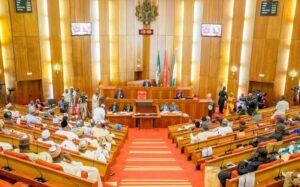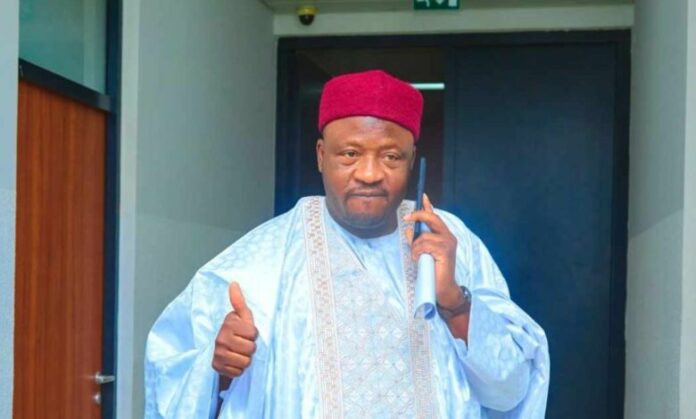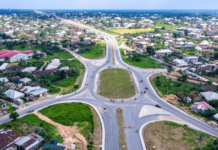Senator Sumaila Kawu, representing Kano South in the Nigerian Senate, recently shed light on the financial rewards that come with his position, revealing that his monthly earnings far exceed the official salary figures. In a candid interview with the BBC Hausa Service, Kawu shared insights into the true scope of his take-home package, which, according to him, amounts to over N21 million every month. This disclosure has sparked widespread interest, particularly because it shows the significant gap between the officially stated salary of senators and the actual income they receive when all allowances are included.

Kawu explained that, on paper, his official salary is set at N1 million per month, as determined by the Revenue Mobilisation, Allocation, and Fiscal Commission (RMAFC). However, after various deductions, such as taxes and other mandatory contributions, the net amount he receives as basic salary is reduced to around N600,000. While this might seem modest for a senator, the real financial story lies in the additional allowances that significantly boost his monthly income.
These allowances, as Kawu detailed, are provided to cover a range of expenses necessary for performing his duties as a senator. They include funds for running his office, which involves paying staff salaries, maintaining office supplies, and other administrative costs. Additionally, he receives an allowance for newspaper subscriptions, which ensures that he stays informed about current events and issues that might impact his constituency. Local travel is another major expense covered by these allowances, enabling him to move around his state and the country for official duties without dipping into his basic salary.
According to Kawu, these various allowances, when combined, bring his total monthly earnings to a staggering N21 million. This figure stands in stark contrast to the official salary and allowances of N1.06 million per month that the RMAFC claims each of Nigeria’s 109 senators receives. Kawu’s disclosure thus highlights a broader issue about the true cost of maintaining political offices in Nigeria and the disparity between official figures and the actual funds that flow to elected officials.
This revelation has fueled ongoing discussions about the transparency and accountability of public officeholders in Nigeria. Many citizens are now questioning the necessity and justification for such substantial allowances, especially in a country where many people struggle with basic needs. While Kawu’s remarks have opened up a window into the financial realities of being a senator, they also underscore the need for a closer examination of how public funds are allocated and the impact of such practices on governance and public trust.




